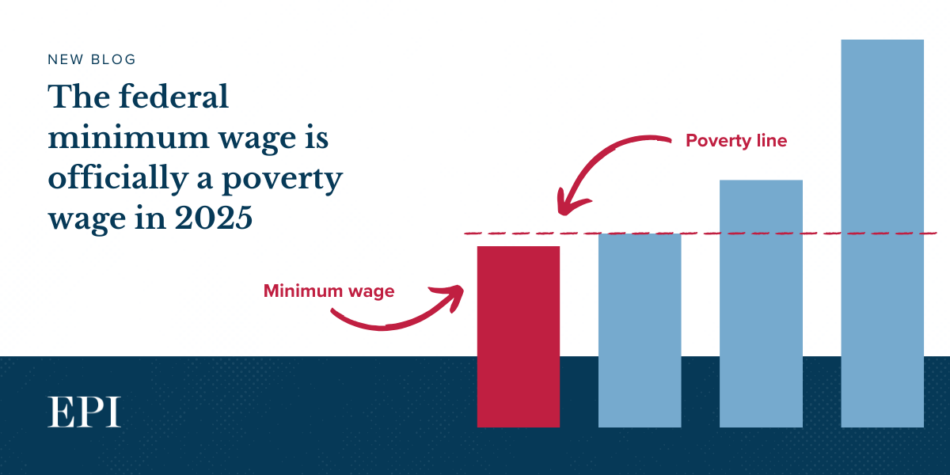Government Failing to Address Climate Change Threats, Warns Independent Advisers

In a strikingly critical report, the independent Climate Change Committee (CCC) has sounded the alarm regarding the UK government's inadequate response to the escalating threats posed by climate change. The report asserts that since assuming power, the government has made minimal progress in preparing the country for the adverse effects of rising temperatures. The CCC's findings detail that the measures currently in place are often moving at a sluggish pace, have stalled entirely, or are regressing. This lack of action could leave the UK increasingly vulnerable to significant economic and health crises in the coming decades.
The extent of the government's inaction has raised serious concerns about various critical sectors, including healthcare, food, and water supplies. Floods Minister Emma Hardy responded to the report by highlighting the government's commitment to addressing climate change, pointing to an investment of 2.65 billion aimed at upgrading, maintaining, and constructing new flood defenses. However, Hardy also acknowledged that substantial work remains to be done to meet the looming challenges posed by climate change.
"Preparing for the changing climate is something we're really committed to," Hardy stated in an interview with BBC News. She referenced the increasing frequency and intensity of extreme weather events in the UK, including the unprecedented heatwave that gripped the nation in July 2022, where temperatures soared to 40 degrees Celsius (104 degrees Fahrenheit). Additionally, England has experienced its wettest 18 months on record between October 2022 and March 2024. Experts warn that these occurrences are expected to intensify as global temperatures continue to rise due to human emissions of greenhouse gases.
The CCC's report emphasizes that while the impacts of climate change are becoming more severe, the government's response remains lackluster. Baroness Brown, the chair of the CCC's Adaptation Committee, expressed her disappointment, noting, "We are seeing climate impact happening faster and more intensely... but the government just doesn't yet seem to be taking it seriously." She added that although the government had promised action on resilience in its manifesto, little to nothing has been delivered thus far. "Weve heard some warm words but nothing has come out yet," she said.
Among the areas assessed, none were found to be making "good" progress in adapting to climate change. Only three areas had acceptable plans and policies, indicating a stagnation in the government's approach since the CCC's last report in 2023. Health infrastructure, in particular, remains alarmingly unprepared for climate-related challenges. The CCC highlights a worrying trend of rising deaths linked to extreme heat, with hospitals also facing vulnerabilities due to soaring temperatures. A notable example is Guy's and St Thomas', the largest hospital trust in London, which encountered a significant data center failure during the heatwave in July 2022, disrupting its appointment system during a critical time.
Baroness Brown recounted the consequences: "We lost thousands of crucial appointments for people for critical tests... Unless we take into account that the NHS has to be resilient to the climate, were going backwards." Flooding presents another severe challenge, with plans to ensure resilience against river and coastal flooding reportedly deteriorating since the CCC's previous assessment. The town of Tenbury Wells in Worcestershire serves as a poignant example, having endured multiple floods in the past four years, the most recent being in November 2024.
Local residents have shared harrowing experiences, as described by Polly Pearce, who detailed how her charity shop was inundated. "It was so quick... like a tsunami," she recalled, noting how the water surged to the height of the wall panels, destroying all her Christmas stock. The main street in Tenbury Wells is now lined with vacant shops, many of which have been forced to close due to the financial strain of repeated flooding. Shop owners report that either insurance companies refuse to insure their stores, or the premiums have skyrocketed to unaffordable levels.
Despite these challenges, the Environment Agency has announced that it cannot cover the estimated 25 million to 30 million required for flood protection in Tenbury Wells. Nonetheless, the government has pledged to assist local residents, promising that work aimed at increasing the flood resilience of properties will commence in the summer. The CCC does acknowledge some progress in other areas of climate adaptation, such as initiatives to identify risks impacting businesses and financial institutions.
At the core of this discourse lies the critical issue of cost. Delaying necessary preparations to combat climate change in a bid to save money would be "a huge mistake," warns Baroness Brown, who expressed concern over the government's upcoming spending review. "This is not a tomorrow problem; it's a today problem. If we dont address it today, it becomes a disaster tomorrow," she cautioned. A recent freedom of information request revealed that only 18 staff members are currently dedicated to climate adaptation efforts within the Department for Environment and Rural Affairs (Defra), a mere 0.3% of the departments nearly 6,600 total employees. While Defra claims that some employees are also working on climate adaptation part-time, the figure does not account for efforts across other governmental branches.
As the clock ticks and the impacts of climate change intensify, the CCC's report serves as a stark reminder of the urgency needed in policy responses to safeguard the future of the UK.


























